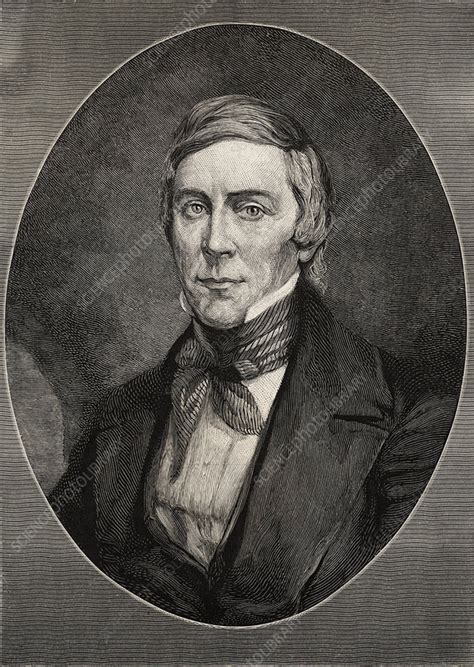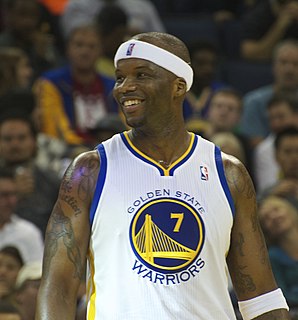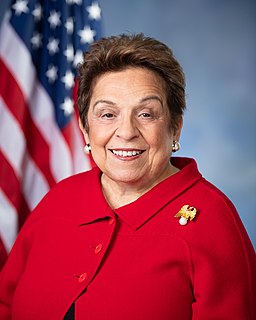A Quote by Sara Paretsky
Organizer is kind of a grand term for what I was doing. I answered an ad that the Presbyterian Church of Chicago put up on college campuses. I was at the University of Kansas, and it's somewhat relevant to my life and work that I'm a Jew. But they weren't doing a religious litmus test. They wanted energetic, civil-rights-committed college students to come help them run some summer programs.
Quote Topics
Ad
Answered
Chicago
Church
Civil
College
College Campus
College Campuses
College Student
College Students
Come
Committed
Doing
Energetic
Grand
Help
Jew
Kansas
Kind
Life
Litmus
My Life
Organizer
Presbyterian
Programs
Put
Relevant
Religious
Rights
Run
Some
Somewhat
Students
Summer
Term
Test
Them
University
Up
Wanted
Work
Related Quotes
I think there are too many bosses in Washington telling Nashville Diesel College and Harvard University how to run - how to run their campuses, and I'd like to reduce the number of Washington regulations on higher education and keep this marketplace of wonderful institutions among which students can choose; that's oriented toward job growth.
When I look at what I'm doing today, I see [the] roots in my college life. I was the online editor of my college paper and an active member of the Harvard Computer Society. I abandoned a summer internship at the Washington Post due to injury and instead did theatre. I found my comedic voice through satirical newsletters in college.
Our mission at Khan Academy is a free, world-class education for anyone, anywhere, and college readiness is a crucial part of that. We want to help as many students as possible prepare for college and for life, and since the SAT measures preparedness for college, our partnership with the College Board is a natural fit.
When I went to college, I went to a junior college. I wanted to go to the University of Alabama but had to go to junior college first to get my GPA up. I did a half-year of junior college, then dropped out and had my daughter. College was always an opportunity to go back. But she, my daughter, was my support. I gave up everything for her.
I was in school, but I wasn't into school. I wasn't doing what I wanted to be doing in school, which was film studies. That was what I intended on doing, but I didn't go away to a university because I wanted to stay in L.A. and audition while I took classes, so I elected to go to a community college and just take G.E. courses. It was terrible.
The important thing to understand about eliminating racial preferences in college admissions is that doing so does not lower the number of minority college students, it just redistributes them to schools for which they are actually qualified, rather than catapulting them into academic environments where they will inevitably struggle.


































